Innovation continues to reshape the agricultural industry, and one of the latest trends is the emergence of excavator farms. This modern approach combines the capabilities of traditional heavy machinery with advanced technology, transforming the way farmers cultivate, harvest, and maintain their crops. In this article, we will explore the concept of excavator farms and how they can revolutionize agricultural efficiency. What are Excavator Farms? Excavator farms, also known as mechanical farmlands, are farming operations that utilize excavators or other heavy machinery as the primary means of cultivating crops. These farms forego traditional methods such as tractors and manual labor in favor of excavators, which offer a range of advantages. Excavators are versatile machines used in construction, but their functionalities can be effectively adapted for agricultural applications.
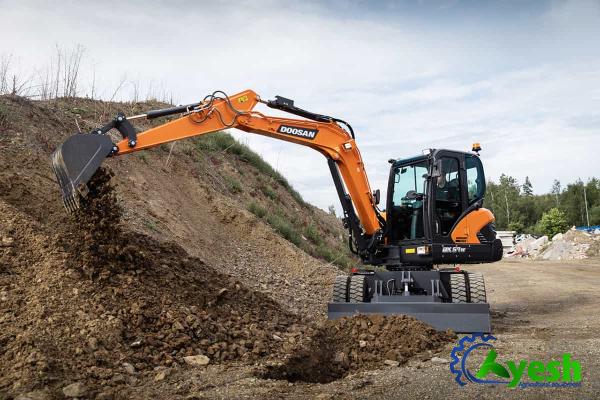
.
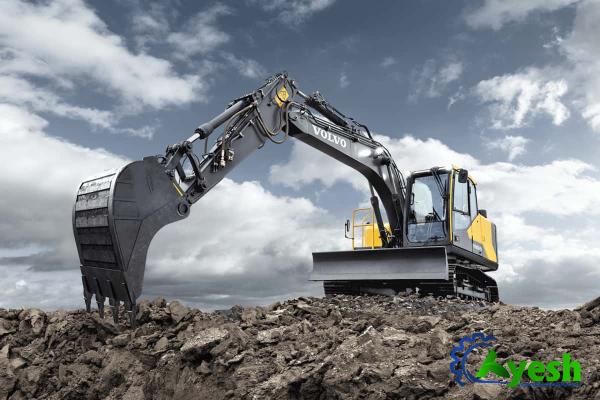 Benefits of Excavator Farms 1. Increased Efficiency: Excavators are equipped with advanced technology, including GPS systems, hydraulic attachments, and telescoping arms. These features allow for precision planting, cultivation, and harvesting, resulting in enhanced productivity and reduced labor costs. 2. Improved Precision: Excavators enable farmers to precisely control the depth of plowing, planting, and irrigation. This level of accuracy helps optimize seed placement and ensures consistent crop growth throughout the farmland. 3. Versatility: Excavators can adapt to a variety of farming tasks, including soil preparation, fertilization, pest control, and irrigation. Switching between different agricultural operations is made easier as excavators can be equipped with different attachments to suit specific tasks.
Benefits of Excavator Farms 1. Increased Efficiency: Excavators are equipped with advanced technology, including GPS systems, hydraulic attachments, and telescoping arms. These features allow for precision planting, cultivation, and harvesting, resulting in enhanced productivity and reduced labor costs. 2. Improved Precision: Excavators enable farmers to precisely control the depth of plowing, planting, and irrigation. This level of accuracy helps optimize seed placement and ensures consistent crop growth throughout the farmland. 3. Versatility: Excavators can adapt to a variety of farming tasks, including soil preparation, fertilization, pest control, and irrigation. Switching between different agricultural operations is made easier as excavators can be equipped with different attachments to suit specific tasks.
..
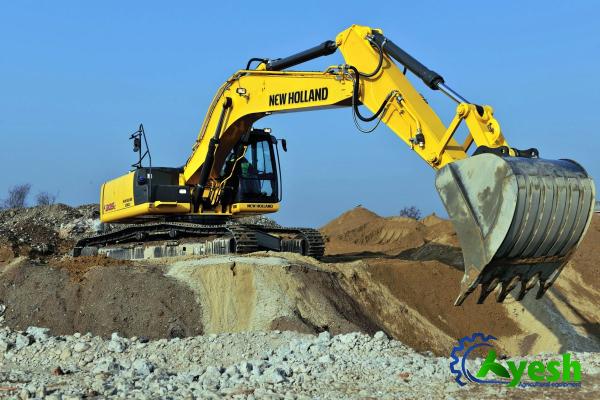 4. Reduced Environmental Impact: Excavators equipped with low-emission engines and environmental-friendly attachments contribute to sustainable farming practices. The precision farming techniques employed by excavator farms minimize chemical usage and optimize resource consumption, reducing the ecological footprint of agriculture. Challenges and Precautions While excavator farms offer numerous benefits, farmers should be aware of potential challenges and take precautions to ensure their success. 1. Skills and Training: Operating an excavator farm requires sufficient knowledge of both farming practices and machinery operation. This may necessitate additional training for farm workers to maximize the benefits and minimize the risks associated with excavators. 2. Maintenance and Safety: Regular maintenance and inspections of the machinery are vital to avoid breakdowns and ensure worker safety.
4. Reduced Environmental Impact: Excavators equipped with low-emission engines and environmental-friendly attachments contribute to sustainable farming practices. The precision farming techniques employed by excavator farms minimize chemical usage and optimize resource consumption, reducing the ecological footprint of agriculture. Challenges and Precautions While excavator farms offer numerous benefits, farmers should be aware of potential challenges and take precautions to ensure their success. 1. Skills and Training: Operating an excavator farm requires sufficient knowledge of both farming practices and machinery operation. This may necessitate additional training for farm workers to maximize the benefits and minimize the risks associated with excavators. 2. Maintenance and Safety: Regular maintenance and inspections of the machinery are vital to avoid breakdowns and ensure worker safety.
…
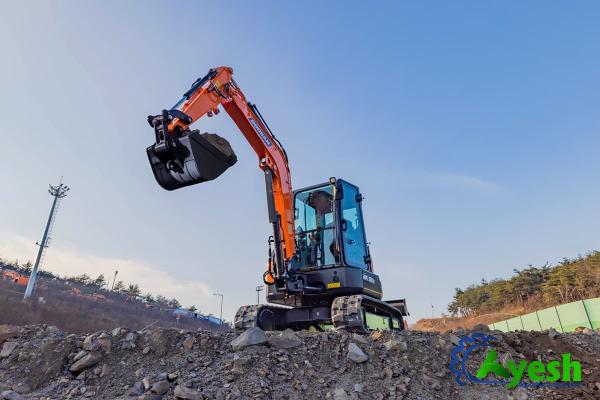 It is crucial to adhere to safety guidelines and provide proper training to minimize the risk of accidents or structural damages. 3. Initial Investment: Switching to an excavator farm may require a significant initial investment, including the purchase of excavators and their attachments. However, the long-term benefits and increased efficiency of operations can outweigh the upfront costs. Conclusion Excavator farms represent a cutting-edge solution to optimize agricultural efficiency and sustainability. By integrating advanced technology, these farms offer increased precision, versatility, and productivity while minimizing the environmental impact. As this innovative approach gains popularity, farmers need to carefully consider the potential challenges and invest in proper training and maintenance to capitalize on the advantages offered by excavator farms. Indeed, excavator farms have the potential to revolutionize traditional farming practices and ensure a more prosperous and sustainable future for the agricultural industry.
It is crucial to adhere to safety guidelines and provide proper training to minimize the risk of accidents or structural damages. 3. Initial Investment: Switching to an excavator farm may require a significant initial investment, including the purchase of excavators and their attachments. However, the long-term benefits and increased efficiency of operations can outweigh the upfront costs. Conclusion Excavator farms represent a cutting-edge solution to optimize agricultural efficiency and sustainability. By integrating advanced technology, these farms offer increased precision, versatility, and productivity while minimizing the environmental impact. As this innovative approach gains popularity, farmers need to carefully consider the potential challenges and invest in proper training and maintenance to capitalize on the advantages offered by excavator farms. Indeed, excavator farms have the potential to revolutionize traditional farming practices and ensure a more prosperous and sustainable future for the agricultural industry.
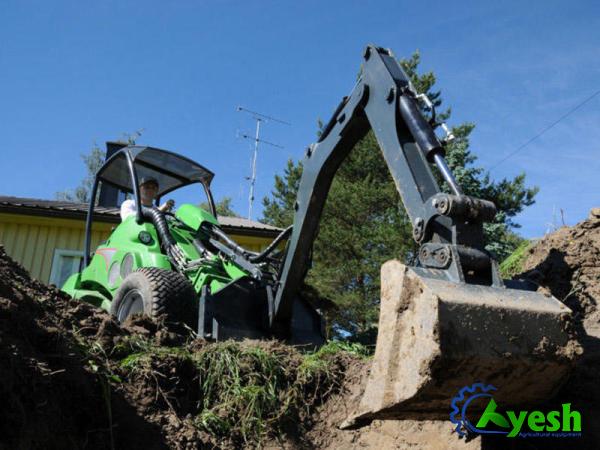

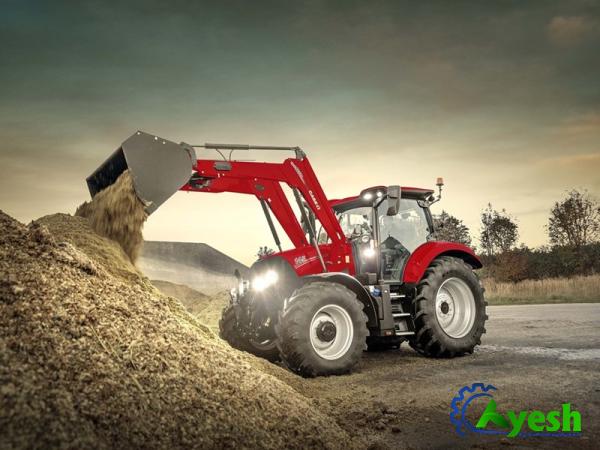

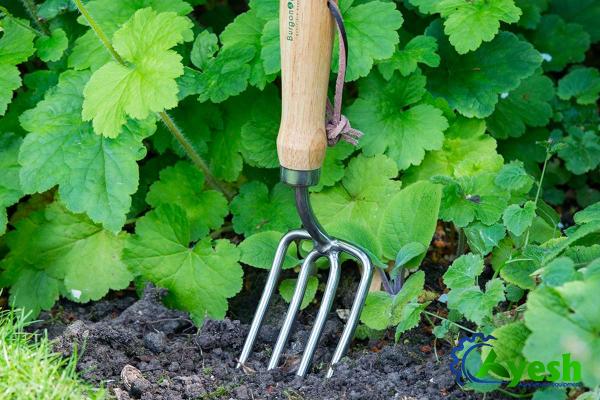

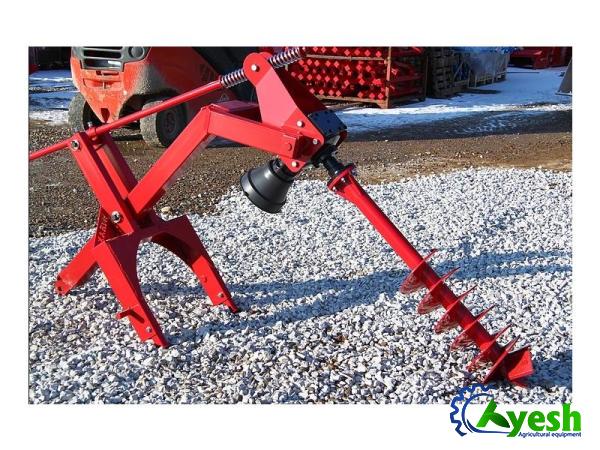
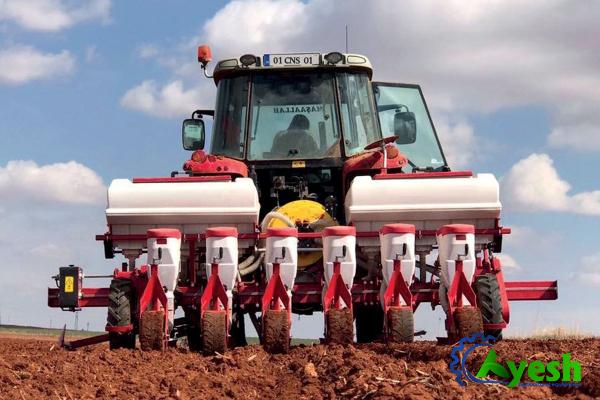

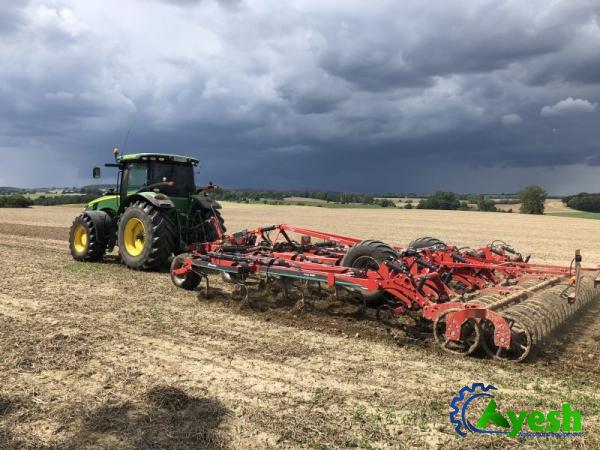
Your comment submitted.